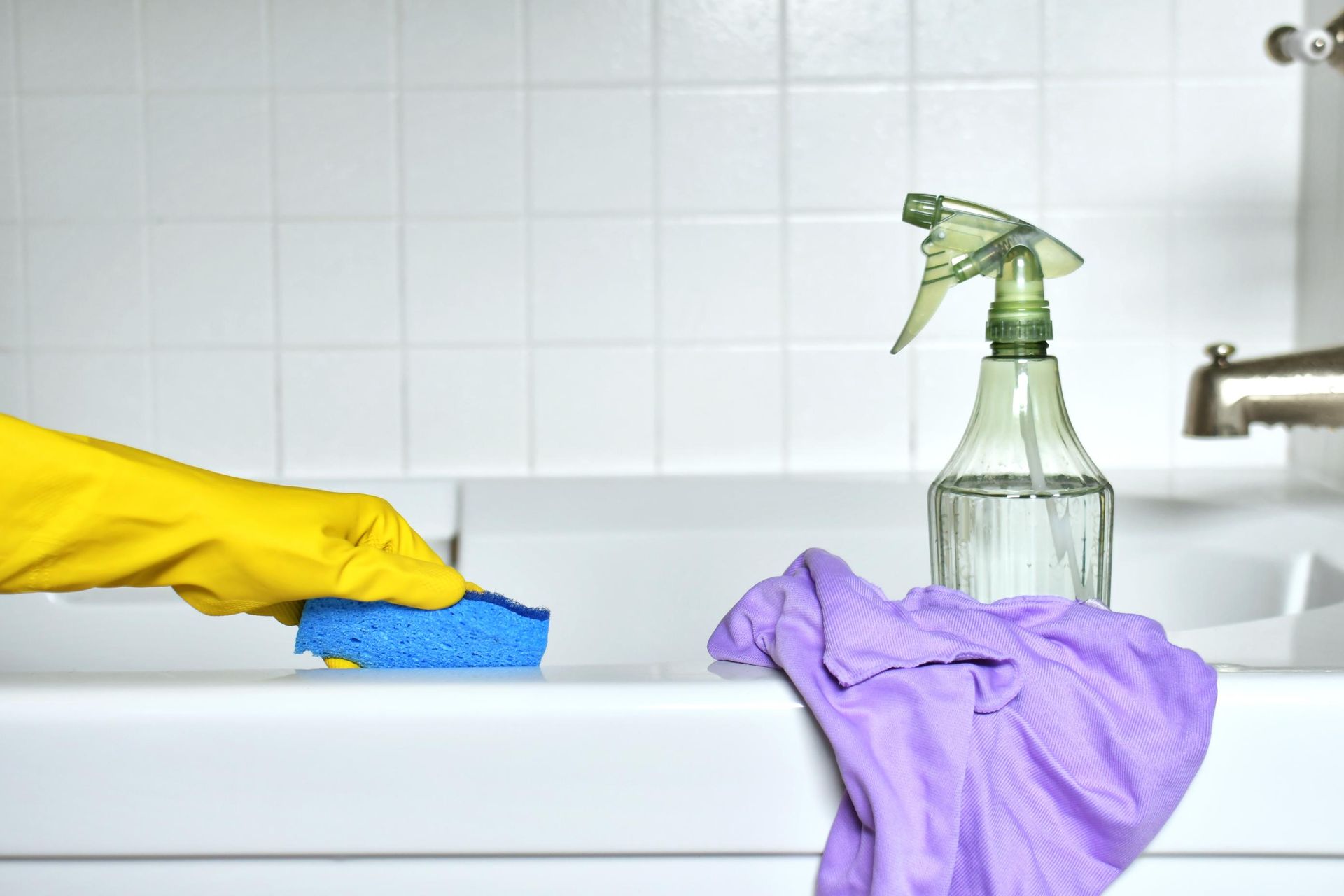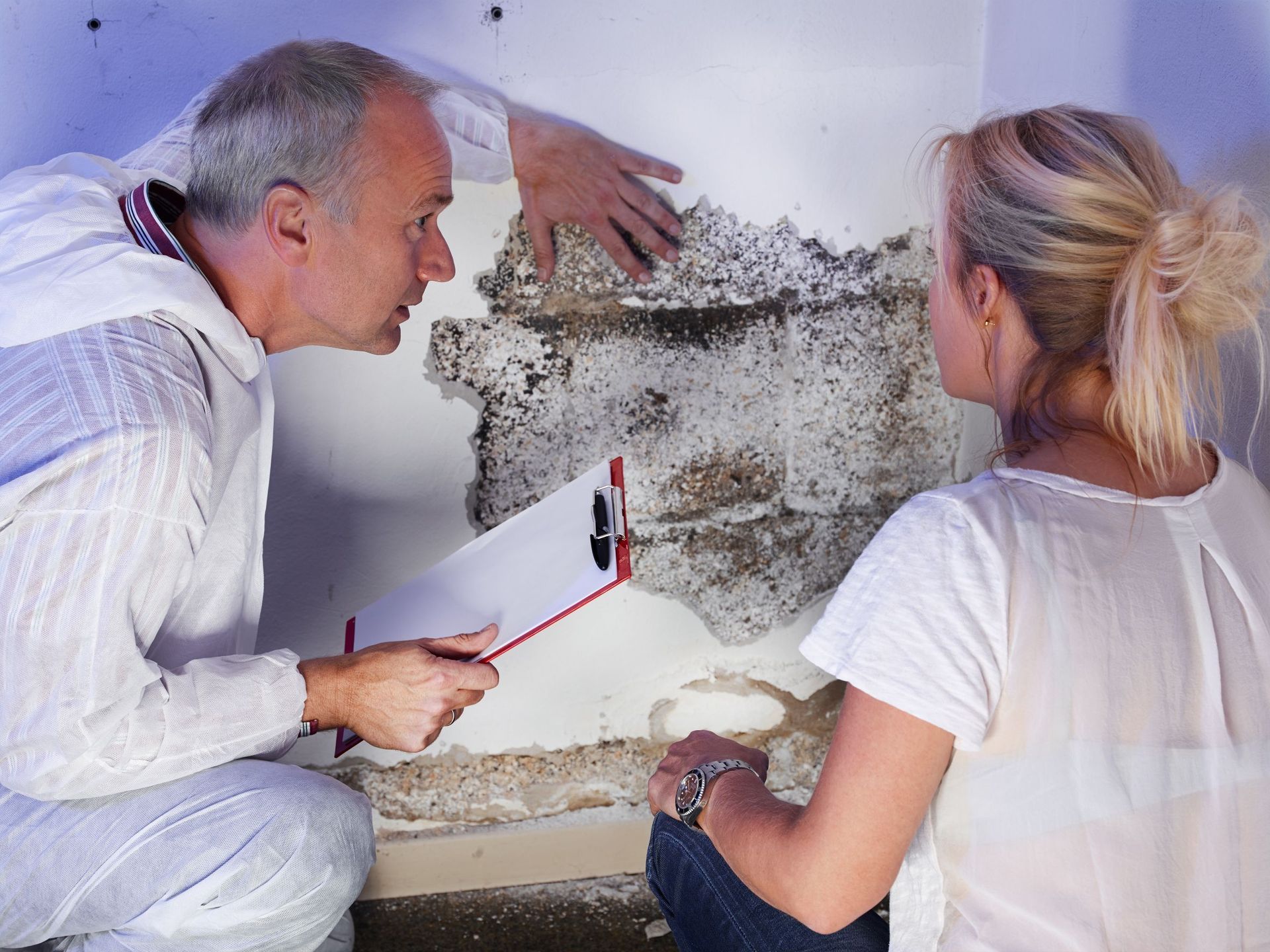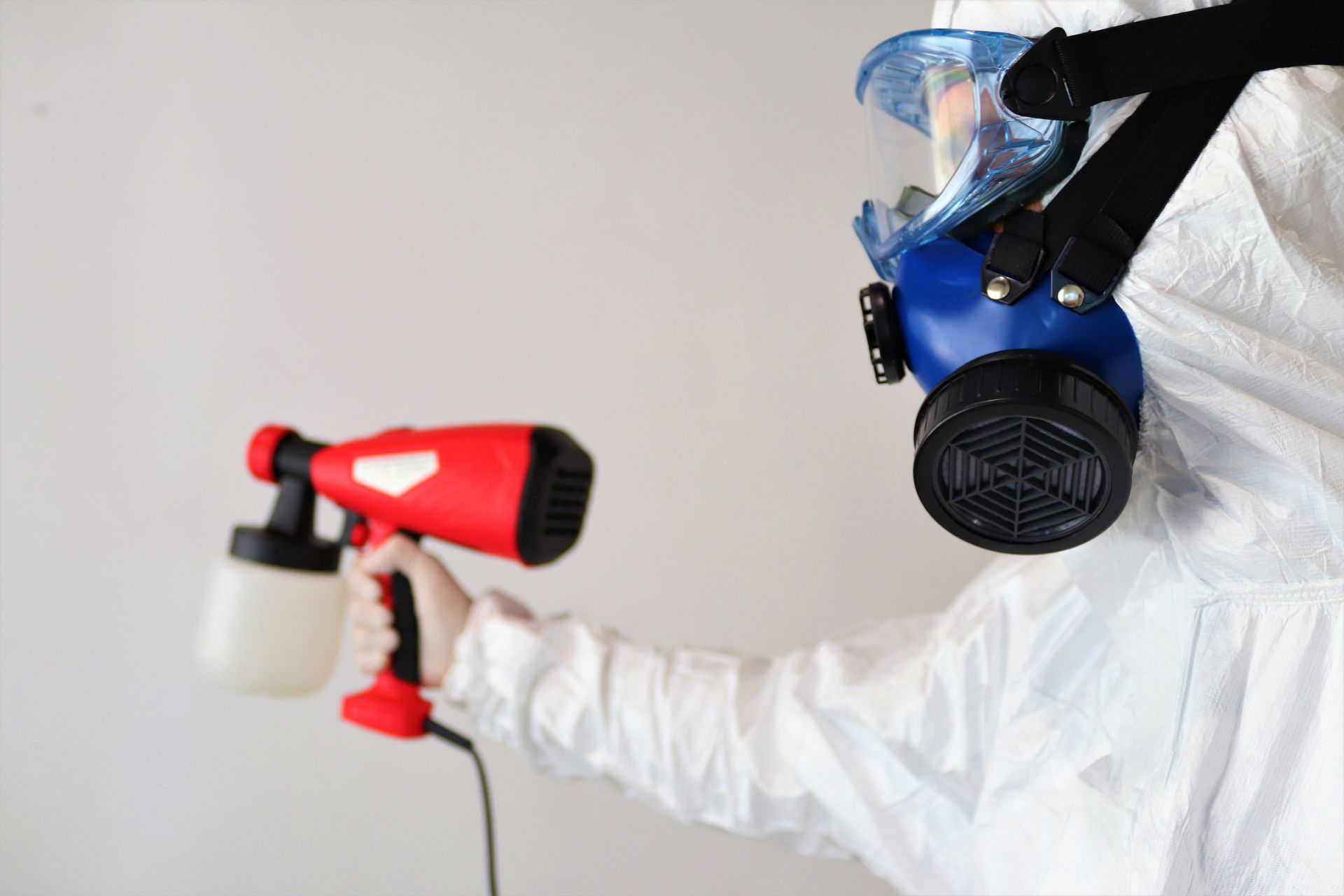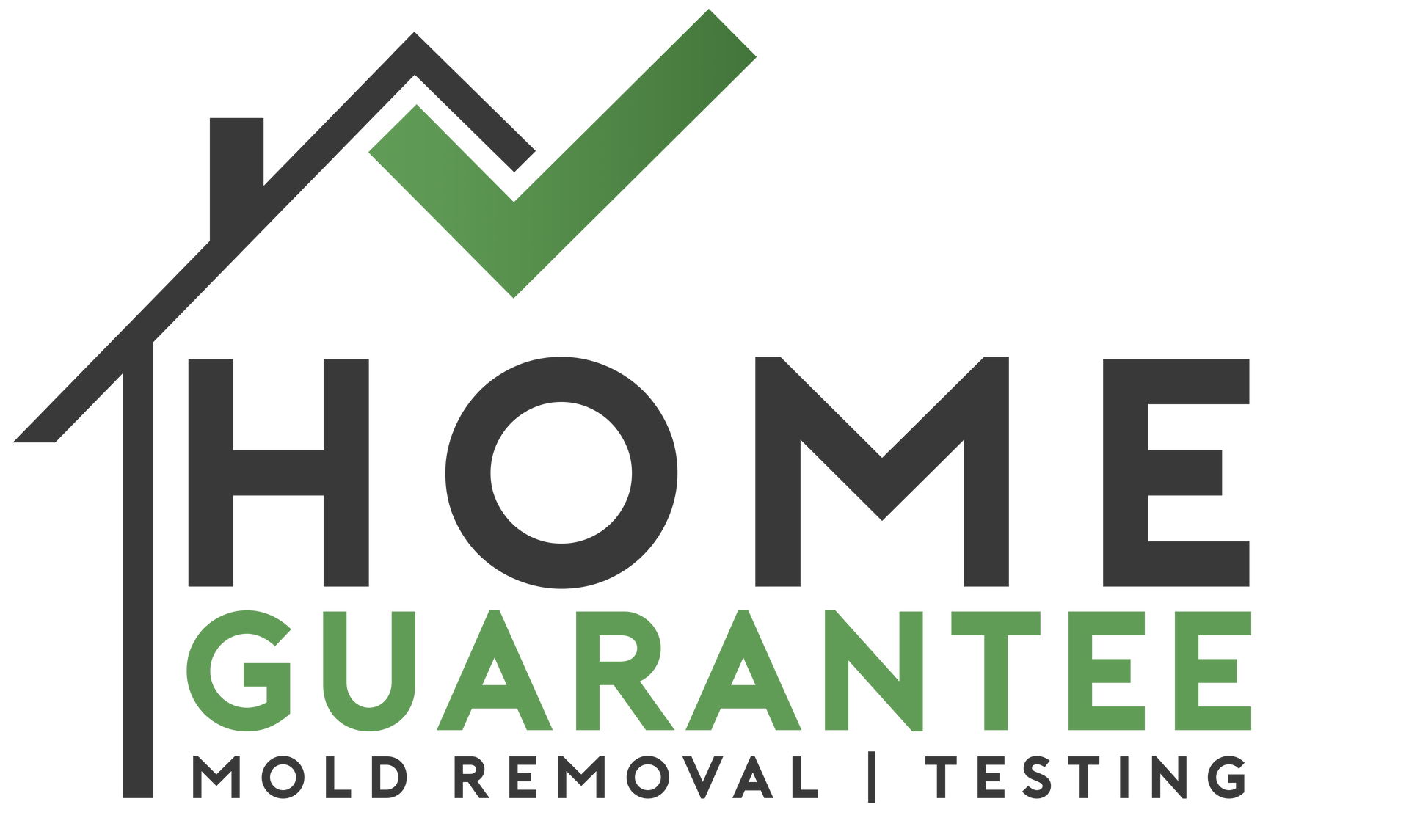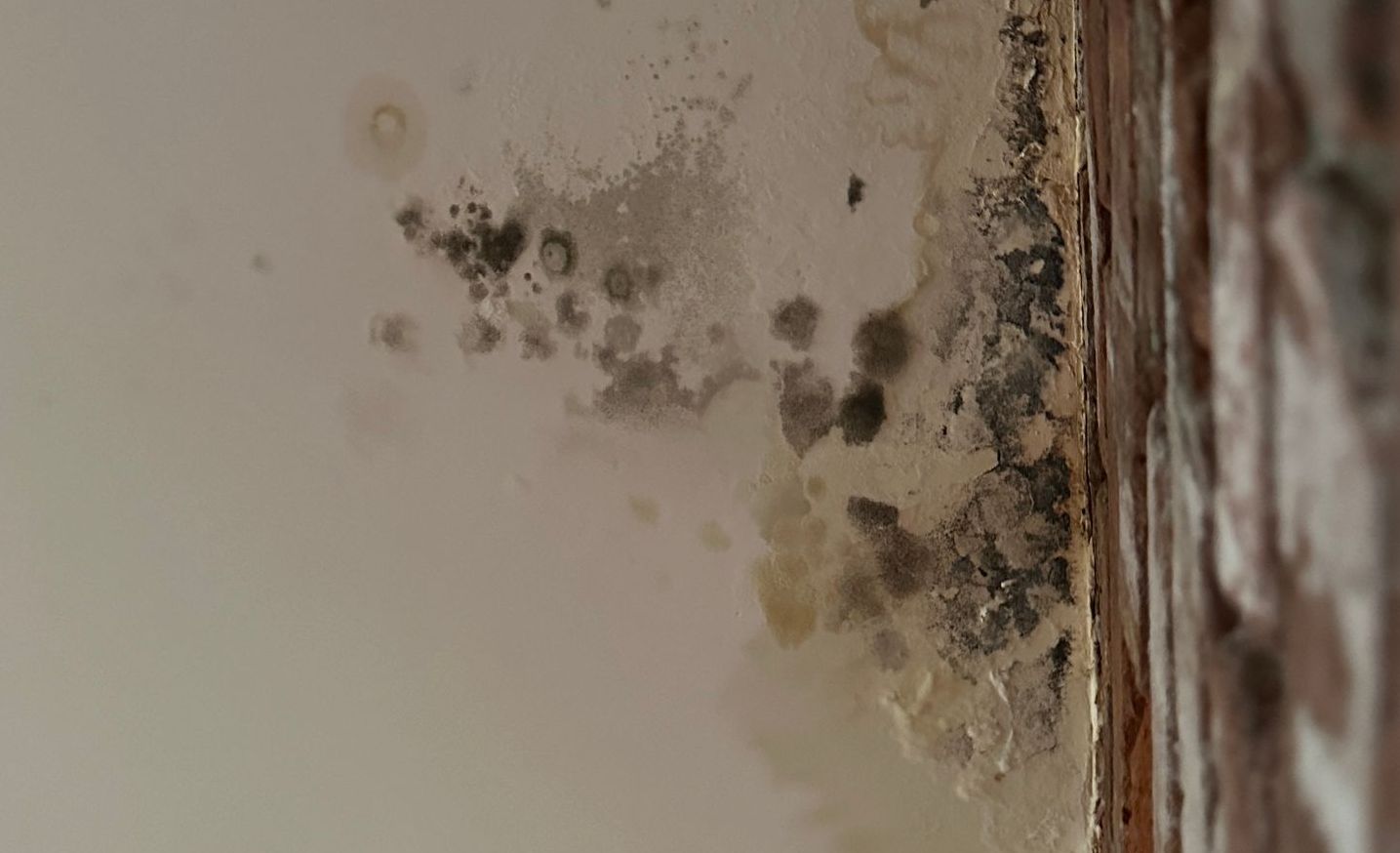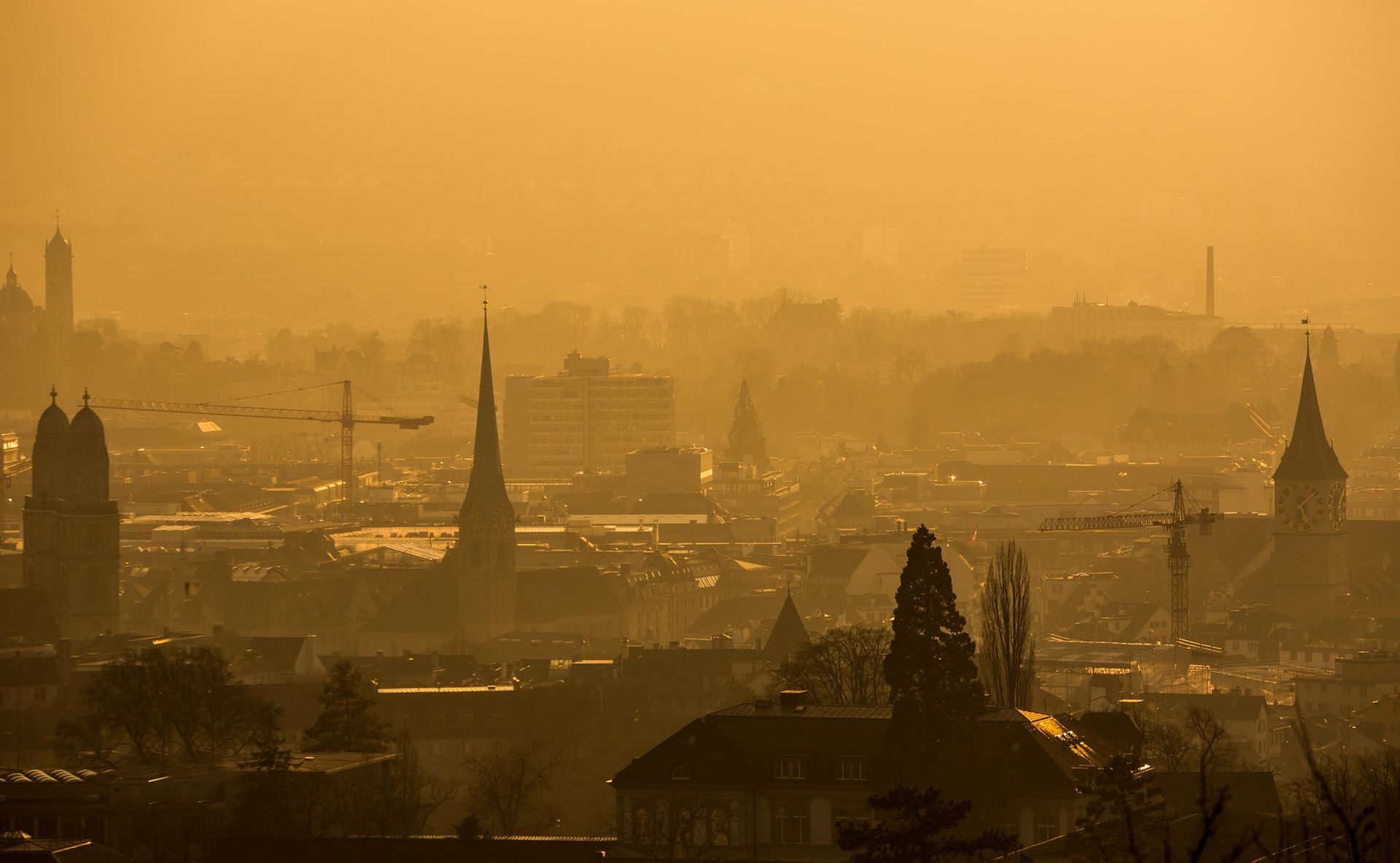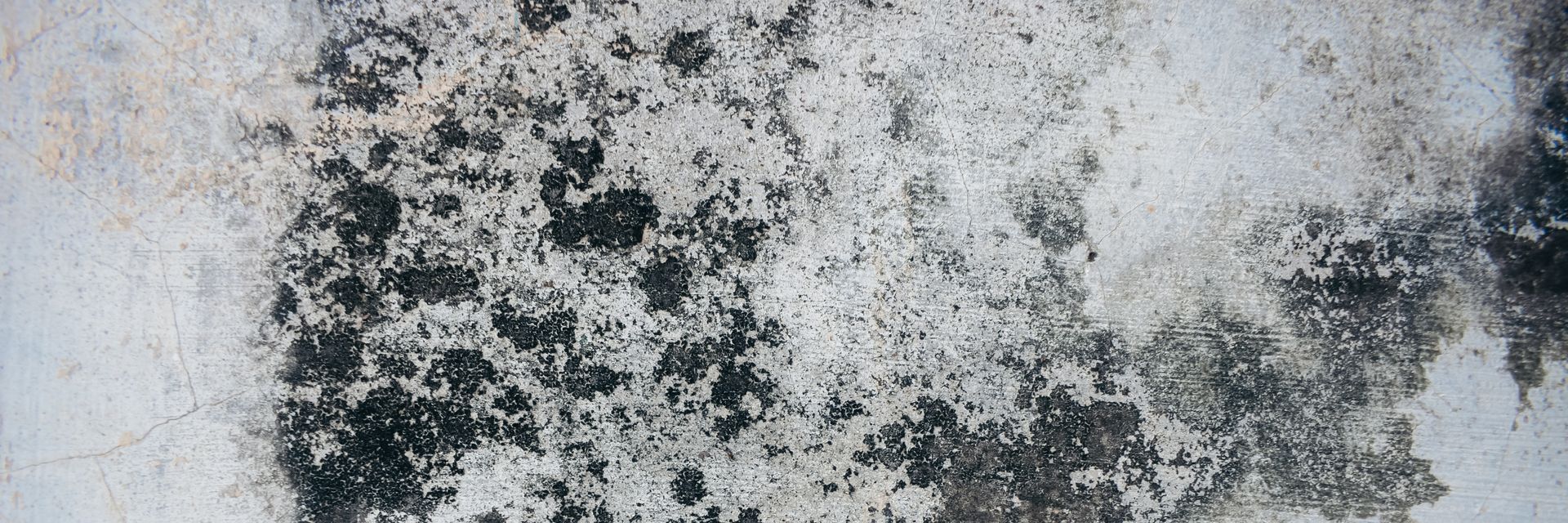What Does Mold Smell Like? Here’s How You Tell

Mold presence in your home isn't just a visual concern—it often comes with an unmistakable odor. Knowing what to sniff for can help you detect mold before it becomes visible.
What Does Mold Smell Like?
Mold typically emits a musty, stale odor that is often likened to the smell of wet socks or rotting wood. This distinctive scent is a byproduct of mold metabolism, releasing various microbial volatile organic compounds (mVOCs) into the air as it grows. These mVOCs can vary, producing a range of smells from damp and earthy to pungent and sour. The intensity and character of the mold smell can depend on the type of mold, the level of infestation, and where it's growing. For instance, black mold is notorious for a stronger, more noxious smell, akin to the earthiness of decaying leaves. If you notice a persistent odor that lingers despite cleaning, especially in areas that have been exposed to moisture, it may be an indication of mold presence.
How Can You Tell if You Have Mold?
The first indicator of mold is usually a distinctive, musty odor—an earthy, stale smell that can resemble wet socks or decaying wood. This smell is a result of microbial volatile organic compounds (mVOCs) that mold releases as it grows.
Aside from the distinctive odor, look out for the following signs:
- Visible Growth: Look for spots of black, green, white, orange, or purple that may spread over time. Mold can appear fuzzy, slimy, or powdery.
- Water Damage: Areas with past or ongoing water issues, such as staining, discoloration, peeling wallpaper, or paint, and warping walls or ceilings, can harbor mold.
- Health Symptoms: Persistent respiratory issues, allergies, headaches, or skin irritation when in the home can suggest mold exposure.
- Humidity and Condensation: High humidity levels, condensation on windows, or pipes often accompany mold growth.
If you notice any of these signs, especially in combination, it's advisable to seek a professional mold inspection to confirm the presence and extent of mold, and to determine the appropriate remediation steps.
Why Does Mold Smell?
As mold digests and breaks down the surfaces it lives on, it emits mVOCs as byproducts of its metabolism. These can include a variety of odors from the smell of gasoline (benzenes) to the tanginess of fermenting alcohol (esters).
How Do I Know if I'm Smelling Mold? What Other Household Odors Are Similar to the Smell of Mold?
It can be challenging to distinguish mold odors from other household smells such as:
- Wet laundry
- Kitchen trash or uncleaned garbage disposal
- Pets odors (especially when your furry friends are or recently were wet)
- Plumbing or sewage issues
- Natural gas leaks can mimic the scent of mold.
All of these household smells could be the culprit, but if the smell is particularly musty and accompanied by other signs of dampness, mold could be the cause.
Persistent Smell Points to Mold
If after thorough cleaning and ventilation the musty odor persists, it could be a sign of mold growth. Persistent smells, especially in recently water-damaged areas, should be investigated for mold.
Can You Smell Mold Behind Walls?
Yes, mold behind walls can still produce a noticeable odor, even if it's not visible. If there’s a persistent musty smell without an identifiable source, mold hidden behind walls might be the issue.
How Do You Tell if You Have Mold in Your House?
Besides odor, signs of mold include visible growth, water damage, or persistent health symptoms such as allergies or respiratory issues in the home’s inhabitants.
What Does Black Mold Smell Like?
Black mold, known for being particularly toxic, often carries a stronger, more pungent musty smell compared to other molds, similar to the scent of rotting leaves or dirt.
Do I Smell Mold or Mildew?
Mold and mildew have similar smells, with mildew often presenting a less intense musty odor. Mildew is typically found on surfaces and can appear powdery or fluffy, while mold tends to infiltrate deeper into materials.
Recognizing the smell of mold is the first step in tackling a potential mold issue. If you suspect mold in your home, particularly after identifying a consistent musty odor, it’s wise to contact professionals for a thorough inspection and remediation to ensure your home remains a safe and healthy environment.
Share this Post
Read More Posts
